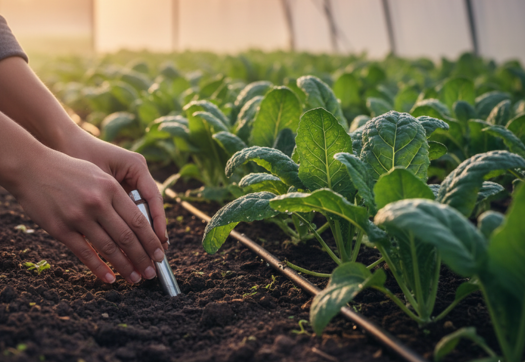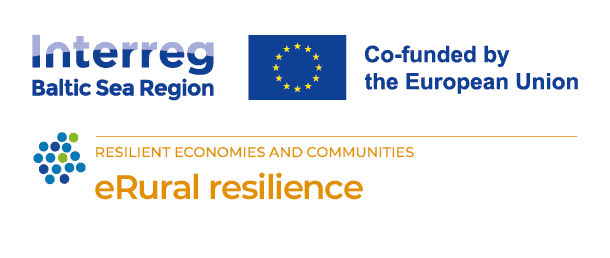By possessing these digital competencies, e-bio-business supporters can effectively guide companies through the digitalization process, enabling them to stay competitive and thrive in the digital era.

Module 3.1
Biological production processes
Biological production processes refer to the methods used to cultivate, extract, or manufacture products derived from living organisms or natural materials. This includes techniques such as organic farming, fermentation, biotechnology, and extraction processes that aim to produce goods while minimizing environmental impact and promoting sustainability.

Module 3.2
Sustainability
Sustainability refers to the practice of conducting business operations in a manner that meets present needs without compromising the ability of future generations to meet their own needs. This includes considering environmental, social, and economic factors throughout the product lifecycle, from sourcing raw materials to manufacturing, distribution, and disposal. Sustainable practices aim to minimize environmental impact, conserve natural resources, promote biodiversity, support local communities, ensure fair labour practices, and contribute to long-term business viability.

Module 3.3
Organic certification
Organic certification by the EU refers to the process of verifying that agricultural products or processed foods comply with organic standards set by the European Union regulatory bodies. This certification confirms that the products have been produced using organic farming practices, which typically exclude the use of synthetic pesticides, fertilizers, genetically modified organisms (GMOs), and irradiation. Organic certification involves rigorous inspection and verification of production methods, inputs, and practices to ensure compliance with EU organic regulations.
